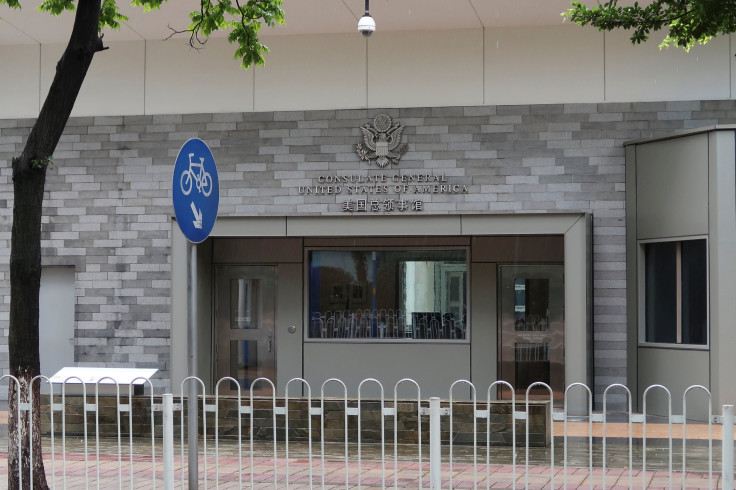US Embassy In China Issues New Warning Over Unexplained Health Problems

Mysterious health problems in China prompted the U.S. Embassy in the country to issue a second alert in two weeks Friday. Evacuations of a number of U.S. government employees working at a consulate in a southern city took place, raising concerns among other Americans in China.
In the alert, the U.S. government urged its citizens in China to seek medical help in the event they suffered any “unusual, unexplained physical symptoms or events, auditory or sensory phenomena, or other health concerns.”
Americans who work at the Guangzhou consulate are being screened and several tests are being conducted to identify the mysterious health problem.
Friday’s alert called for people to look for symptoms including “dizziness, headaches, tinnitus, fatigue, cognitive issues, visual problems, ear complaints and hearing loss, and difficulty sleeping.” It urged them “not to attempt to locate the source of any unidentified auditory sensation. Instead, move to a different location.”
The concerns were sparked following the unexplained issues that started in Cuba in 2016 that may have spread to other countries. China says it has found no evidence that could point to a cause.
State Department spokeswoman Heather Nauert said “a number of individuals” had been brought to the U.S. but didn’t say how many were affected or evacuated.
The U.S. government believes the Cuba incidents were “specific attacks” on American workers, but, hasn’t publicly identified a cause or culprit. Initially, the U.S. investigators suspected a sonic attack after people complained of bizarre, unexplained sounds.
“If the U.S. makes formal contact with us, China will continue necessary investigations in an earnest and responsible manner and maintain close communication and cooperation with the U.S.,” Chinese Foreign Ministry spokeswoman Hua Chunying said Thursday at a regularly scheduled news conference.
The preliminary findings of the medical reports on the 24 personnel affected in Cuba showed they had sensory and memory problems similar to brain dysfunction seen with concussions.
“All government personnel who travel to Havana on official duty now receive a detailed medical briefing,” Charles Rosenfarb, medical director in the State’s Bureau of Medical Services, testified. “And they are encouraged to undergo pre-deployment screening including baseline audiograms and neurocognitive testing.”
Canada, in April, asked families of diplomatic staff in Cuba to return home after mysterious health symptoms were detected in 10 Canadians, who showed unexplained brain dysfunction symptoms and “medical information raised concerns for a new type of a possible acquired brain injury.”
U.S. Secretary of State Mike Pompeo, last month, said China had “said all the right things and have demonstrated their willingness to help us identify the vector which led to this medical incident.”
© Copyright IBTimes 2025. All rights reserved.





















